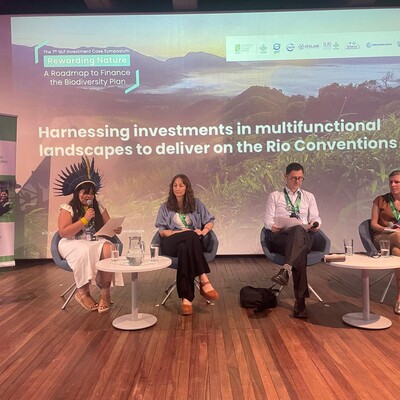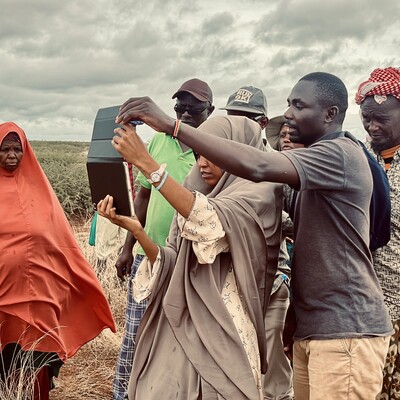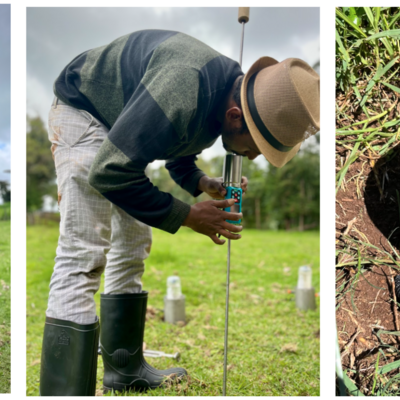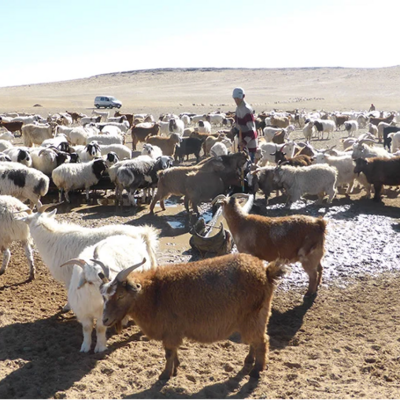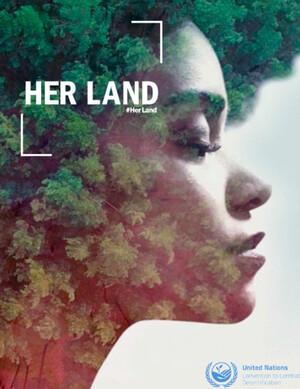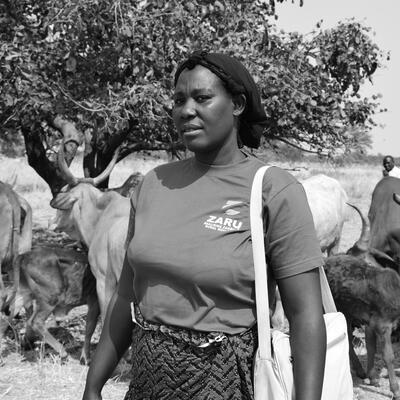

Charting a path to more sustainable livestock value chains with a Rangelands Stewardship Council and a rangelands standard
Posted on
by
- Fiona Flintan
- Rahel Abiy
Over 54% of global terrestrial surface could be used as rangelands. However much of this land has been converted to other uses or is severely degraded. According to the Global Land Outlook Thematic Report on Rangelands and Pastoralists released by the UN Convention to Combat Desertification (UNCCD) in June 2024 up to 50% of rangelands are degraded, twice as much as previous estimates. Restoration investments are below those for forests and have even been put at risk due to ill-advised tree-planting schemes. This is despite global and national commitments to initiatives such as Resolution L17 on Innovations in Sustainable Rangelands and Pastoralism of the UN Environment Assembly, the UN Decade of Ecosystem Restoration (2021–2030) and the upcoming International Year of Rangelands and Pastoralists 2026.
Establishment of a global Rangelands Stewardship Council and rangelands standard
In response to these issues, the Global Environment Facility funded project Sustainable Investments in Large-Scale Rangelands Restoration (STELARR) implemented by IUCN, ILRI and partners is aiming to attract private sector finance for rangeland restoration through sustainable livestock value chains.
Such investments will require incentives and, together with the UNCCD, STELARR is supporting the Sustainable Fibre Alliance (SFA) to develop a global rangelands standard under the oversight of a global Rangelands Stewardship Council. This standard will establish a framework to promote sustainable management practices across rangelands worldwide, rewarding producers for producing products through such practices. A collaborative approach involving existing programmes and diverse perspectives addresses the complexities of rangeland management at all levels. Incorporating the One Health perspective ensures environmental conservation, social responsibility, animal welfare and economic viability. Products produced under this standard will carry a label, allowing producers to charge a premium. For more information, see this film.
Read the full story at cgiar.org.
Banner photo: Reversing rangeland degradation is a must for ensuring the sustainability of pastoralism as a viable land use in Ethiopia. Photo by F.Flintan/ILRI.
You may also like

ILRI News
Empowering every voice: Participatory GIS can transform resource management and gender inclusion. Case story of Isiolo County, Kenya

ILRI News
How much carbon can Kenyan grasslands store in their soils? Insights from the CarboGrass Project
Related Publications

STELARR: Sustainable Investments for Large-Scale Rangeland Restoration
- International Livestock Research Institute

Empowering Community Rangeland Health Workers: A Novel Path to Sustainable Ecosystem Management in Ethiopia
- Eba, Bedasa





